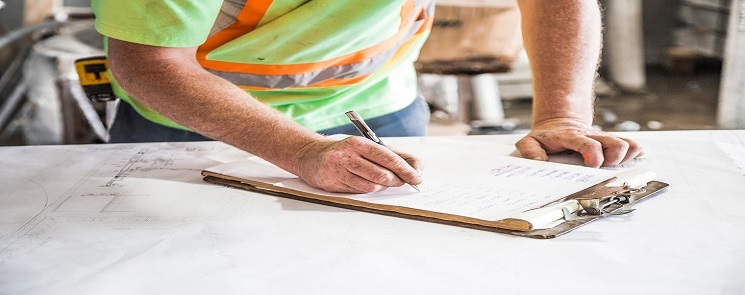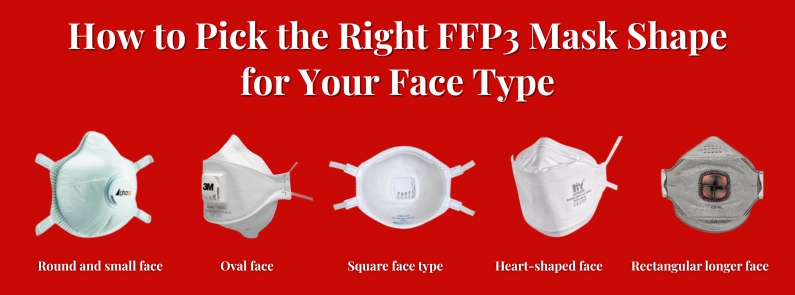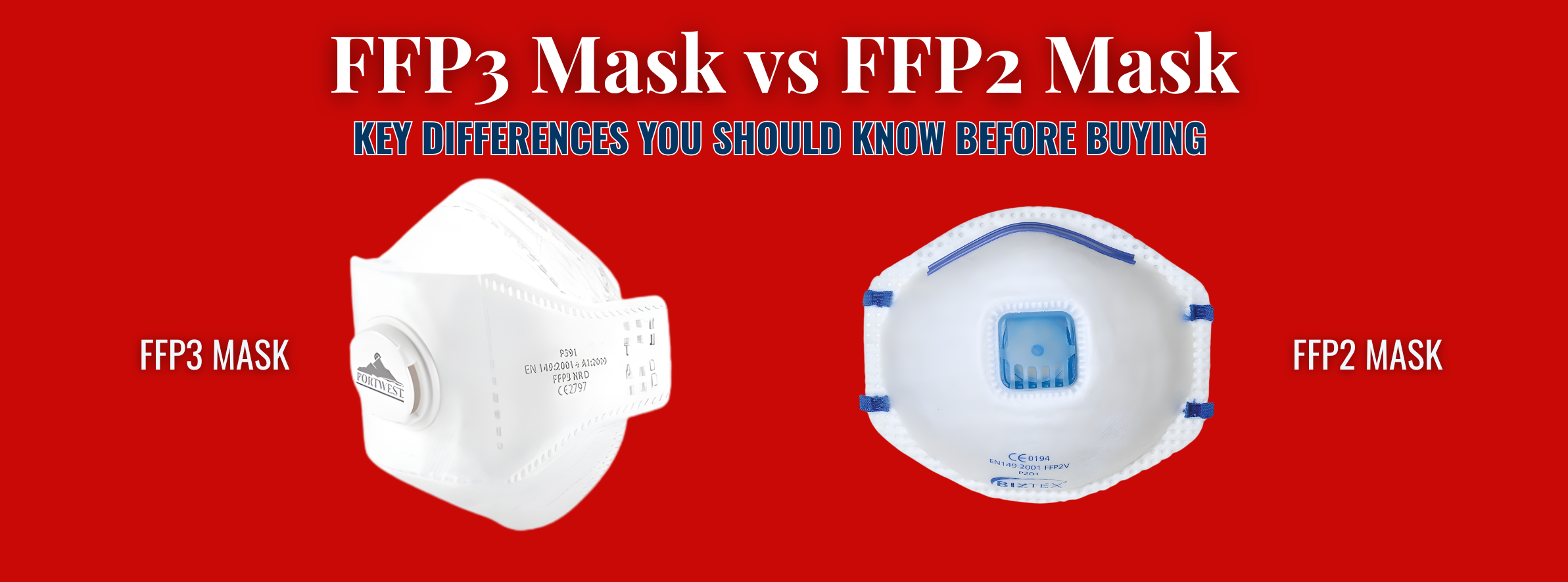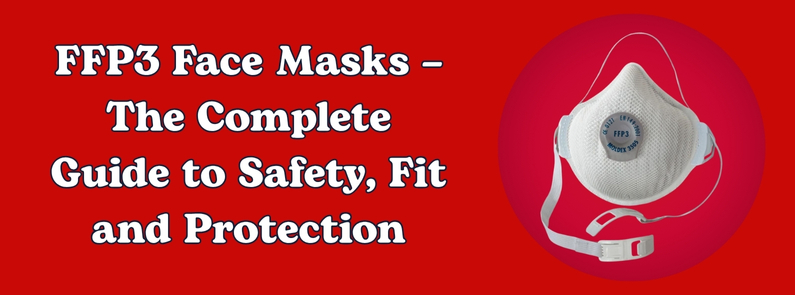
The COVID-19 pandemic has put a halt to the lives of billions of people around the globe. With the world gradually recovering from this disastrous situation, many people are returning to their workplaces after months.
But the coast isn't clear yet. Coronavirus hasn't been completely eradicated from the world. Many countries still report an exponential rise in COVID positive cases daily. In this scenario, how will the industry bring back its employees without compromising their safety?
Difficult times such as these call for an effective way of identifying all possible risks and hazards related to the health and safety of the employees. A Health and Safety Audit is just the right option that will help health and safety managers assess whether or not it is safe for the employees to return to their respective workplaces, and devise strategies to ensure a COVID-free workspace.
Why Are Health and Safety Audits Important?
A Health and Safety Audit is an official inspection, usually carried out by an independent body, that thoroughly assesses the compliance of an industry in matters regarding the health and safety of its employees.
- An audit is fundamental in making certain whether the industry is compliant, whether it is safe for the employees to return.
- It examines whether the Health and Safety Regulations are being met or not.
- Proper documentation as a part of the audit helps the companies to periodically check the health and safety of the workers.
- Regular audits make it possible to identify and mitigate risks before they become hazardous.
PPEs for Protection Against Coronavirus
Personal Protective Equipments (PPEs) are meant to protect the wearer against injury or infections in the workplace.
In the context of COVID-19, the use of PPEs has become essential to prevent the spread of this coronavirus. This PPE kit includes:
- Face Masks
- Gloves
- Eye protection
- Gowns
While all the above components are important, a face mask remains the most vital part of the coronavirus PPE kit.
Face Masks
Many countries worldwide have made it mandatory for everyone to wear a face mask, as doing so can slow down the spread of the coronavirus. In particular, specialized surgical or medical masks protect the wearer's nose and mouth from contact with droplets, splashes, and sprays that may contain coronavirus. Given below are some of the most effective face masks.
FFP3 Mask:
- These masks are made up of synthetic fiber, which helps them to filter out finer particles.
- These are thicker than ordinary surgical masks and are equipped with a valve in the front that releases air and prevents moisture from damaging the mask.
- With a minimum filtration rate of 99% and a maximum leakage allowance of 2%, these masks can capture fine particles, as small as 0.3 microns in diameter, suspended in the air.
Dust Mask:
- Dust masks are meant for covering the nose and mouth and protecting the wearer from harmful dust particles.
- With a filtration rate of 80%, these masks also offer protection against droplets of saliva or secretions resulting from exhaling, sneezing, or coughing, provided that proper social distancing of 6 feet is maintained.
- Dust masks are of 2 types:
- Disposable Dust Masks - These are meant for one-time use only and are to be disposed off after use.
- Reusable Dust Masks - These are meant to be reused again after thorough washing and sanitization.
Full Face Mask:
- A full face mask covers the whole face of the wearer and provides better protection against hazardous particles and droplets carrying the virus.
- Its efficient ventilation system provides a clear vision by preventing eyewear fog.
- The sealing frame offers a secure and stable frame to all kinds of face structures.
The Bottomline
Work can't be paused for long. People will eventually have to return to their normal lives. With the prevention of the further spread of coronavirus being the topmost priority, proper health and safety regulations and regular audits must be carried out to ensure everything is in order.



